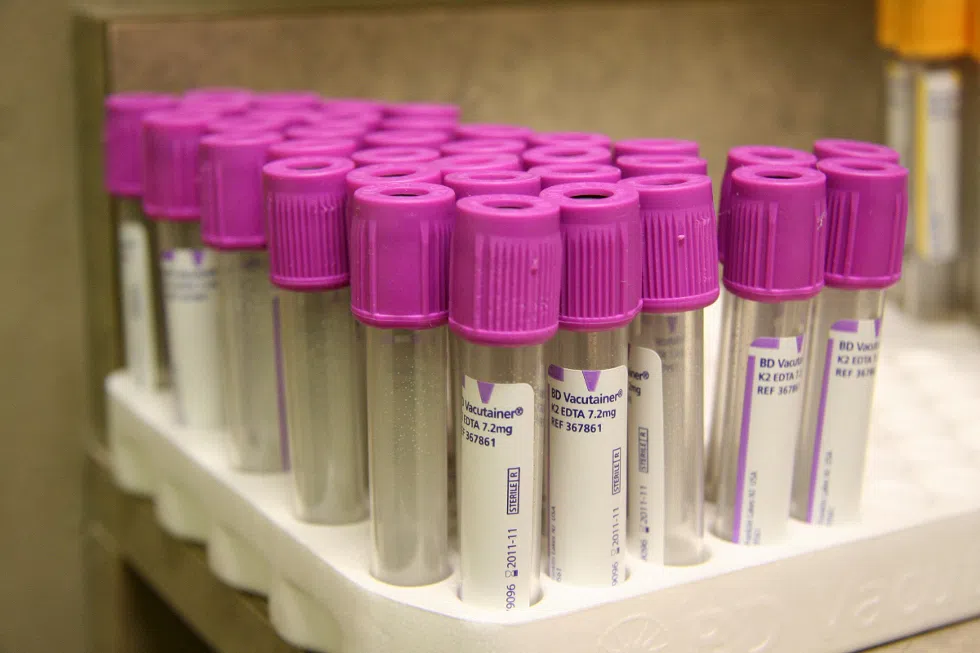
Lab techs say understaffing could impact patients
The union representing 874 medical technologists and technicians in Saskatchewan said understaffing and increased workloads could compromise patient care.
In a report released Monday, the CUPE Saskatchewan Health Care Council say 82 per cent of medical technicians surveyed said their workload has increased substantially over the last five years. So much so that almost 42 per cent of workers put in between 50 minutes and two-and-a-half hours of unpaid work just to turn out test results. Only 7.3 per cent said they were able to complete all their tasks for the day “all of the time.”
“This is jeopardizing patient care,” Holley Hermann, a laboratory technician said. “If people can’t get test results in a timely manner, patient care suffers and that is against the government’s goal of ‘patient first.’”
She called on the government to direct additional funding towards regional health authorities to address the staffing requirements needed to provide quality patient care. Hermann said lab techs are “doing their best” to meet demands but felt the government “does not seem to be helping us.”


